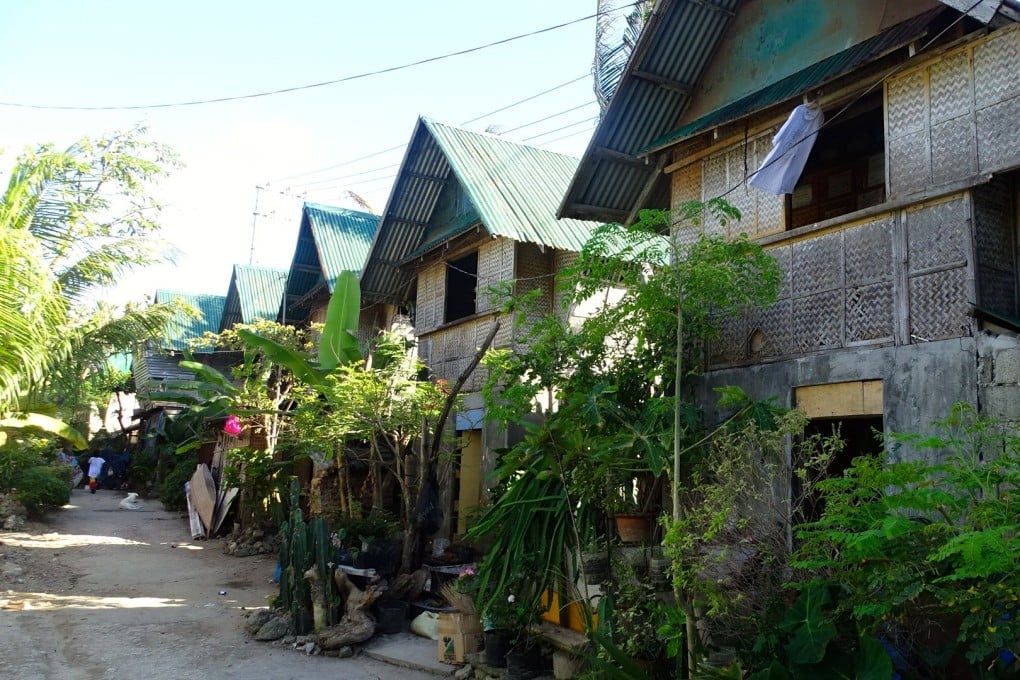Fighting for their land: on Philippines’ Boracay island, indigenous Ati tribe faces eviction threat
- Boracay’s indigenous Ati people have been pushed to the margins and are fighting to retain agricultural land developers say is better used for tourism
- Despite obstacles including the cancellation of land titles, the Ati say are undeterred as they seek to preserve their community and way of life

Largely left out of this prosperity, however, are Boracay’s indigenous Ati people, who have been engaged in a protracted legal battle over land that had already been granted to them by the government.
The Ati are the original inhabitants of Boracay, but have been pushed to the margins as the island gained fame. Many have been rendered homeless, with some forced to survive on welfare and begging on the beaches.
At a ceremony to award the certificates to the Boracay Ati Tribal Organisation, Duterte urged the community to “go till the land for the benefit of your children [and] make it self-productive. And someday, sell it. At least your children and grandchildren will be millionaires”. He also directed the Department of Agrarian Reform (DAR) to train the beneficiaries to properly utilise the land.

But six of Boracay’s hotel owners, who are among the richest land developers in the Philippines, do not want that to happen. They have filed claims to the Ati’s CLOA land in court on the basis that it is private land and, ironically, DAR seems to be on the developers’ side.
